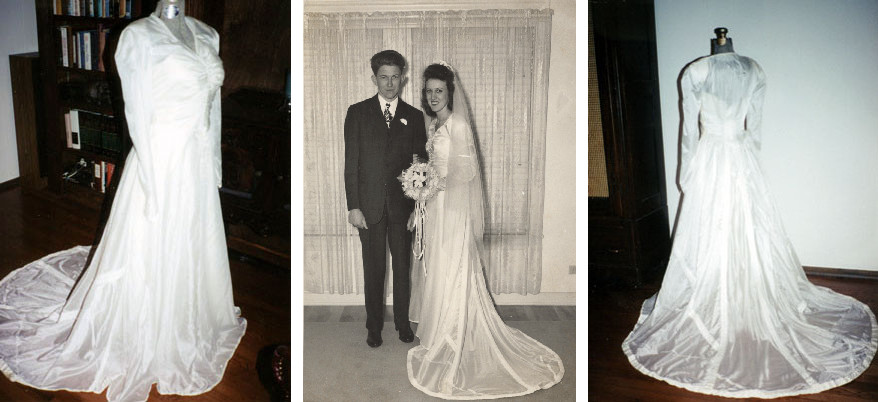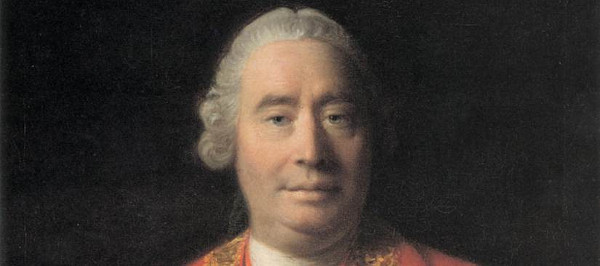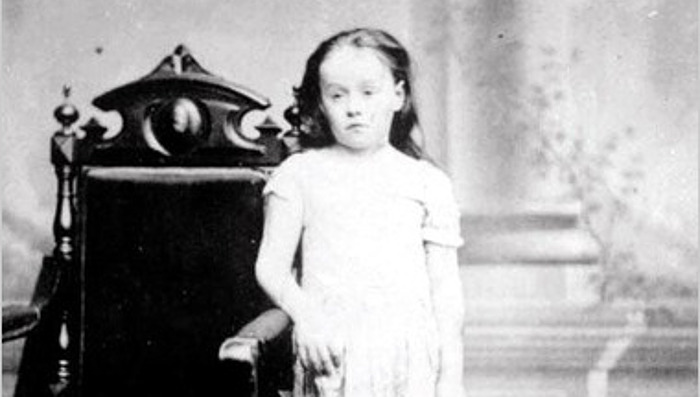The “tombstone” (∎) used to denote the end of a proof was suggested by mathematician Paul Halmos. “The symbol is definitely not my invention,” he wrote. “It appeared in popular magazines (not mathematical ones) before I adopted it, but, once again, I seem to have introduced it into mathematics. It is the symbol that sometimes looks like ∎, and is used to indicate an end, usually the end of a proof. It is most frequently called the ‘tombstone’, but at least one generous author referred to it as the ‘halmos’.”

The group of mathematicians who wrote under the name Nicolas Bourbaki would include a “dangerous bend” symbol in the margin next to tricky or difficult passages, “to forewarn the reader against serious errors, where he risks falling.” Other writers have adopted the symbol, including computer scientist Donald Knuth, who included American-style road signs in his Metafont and TeX typesetting systems.

And teachers in the Netherlands use a distinctive “flourish of approval” when grading schoolwork to show that they have seen and agreed with a paragraph. The mark, which may have evolved from a hastily written g (for “good” [goed] or “seen” [gezien]), rarely appears outside the Netherlands and its former colonies.





